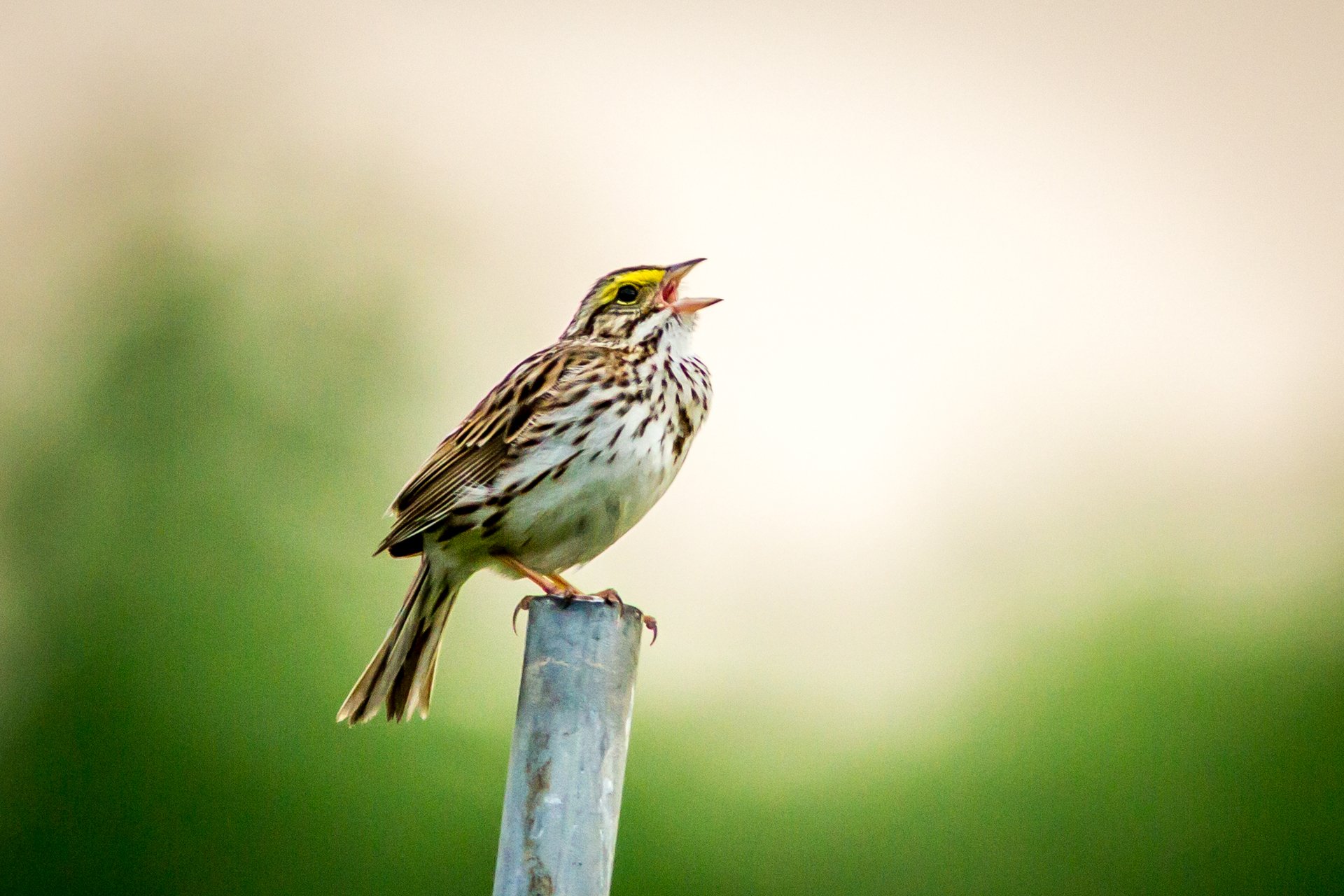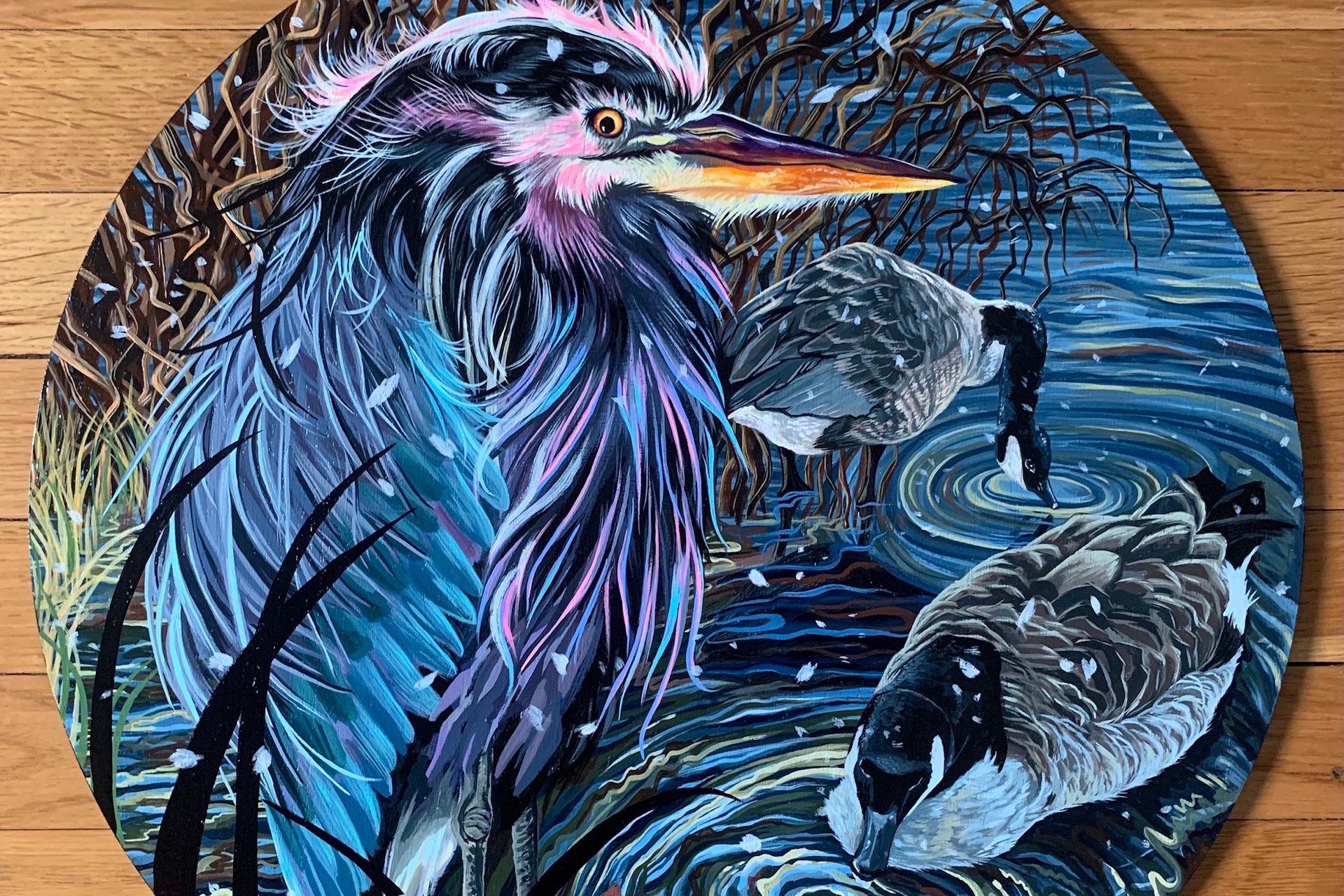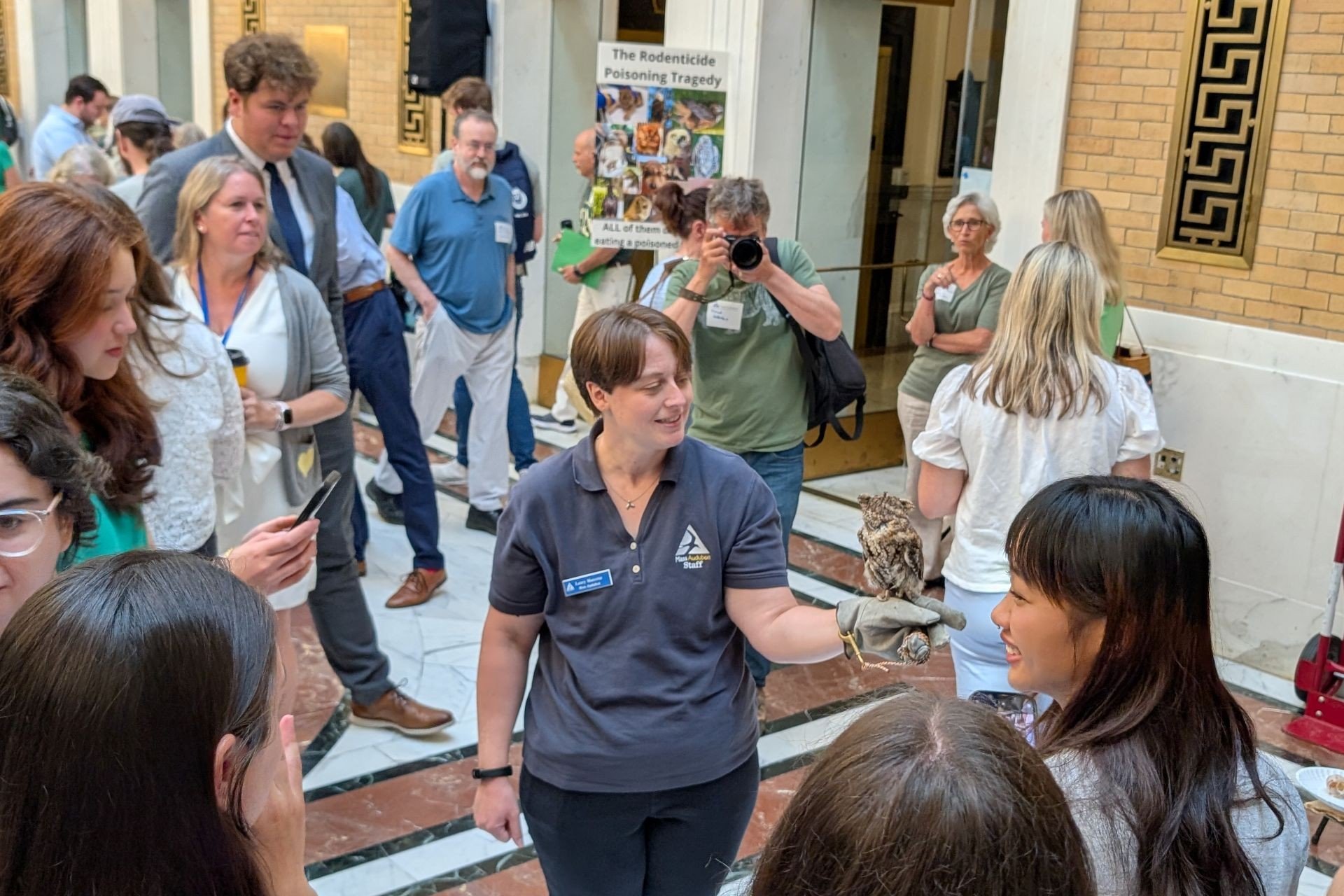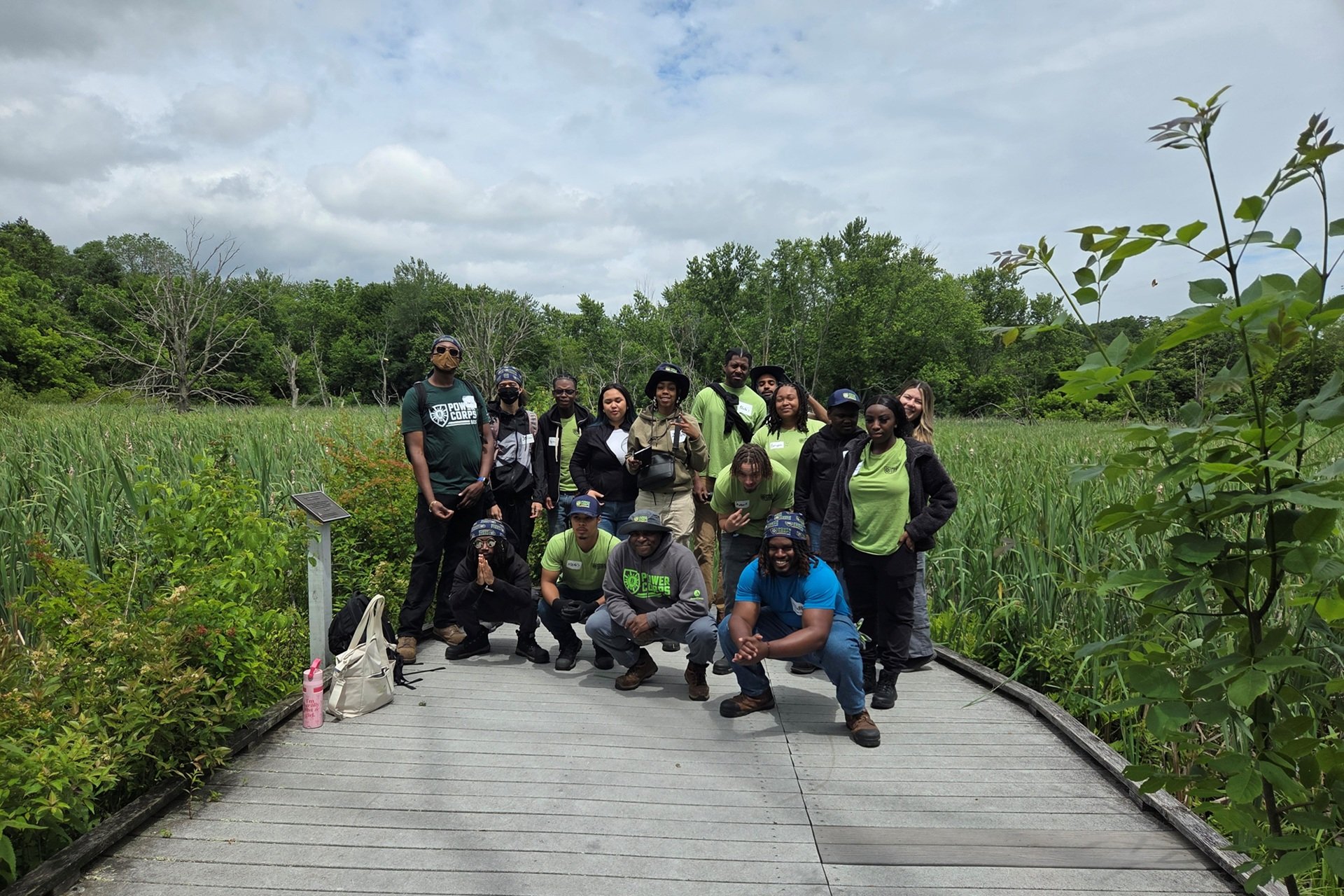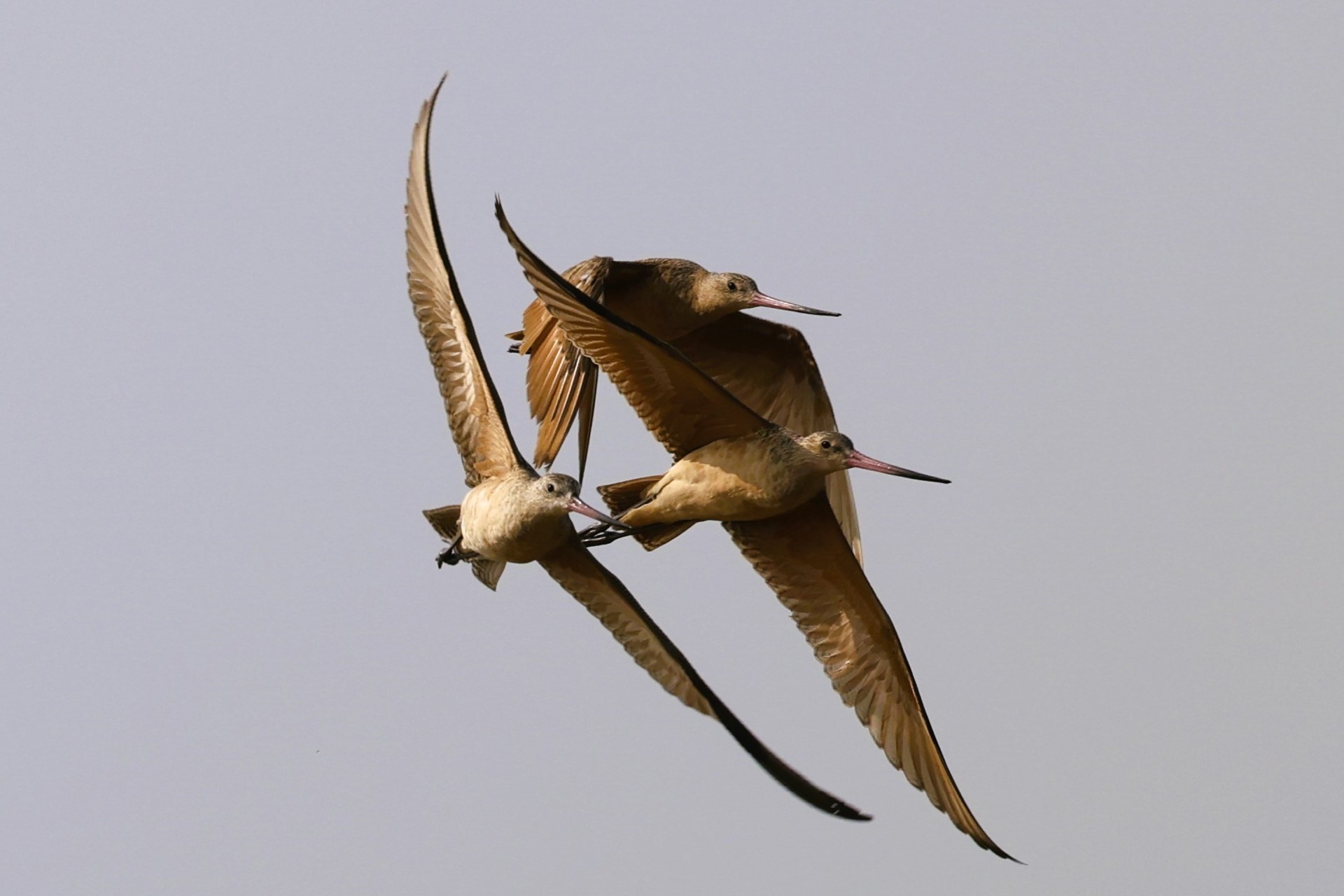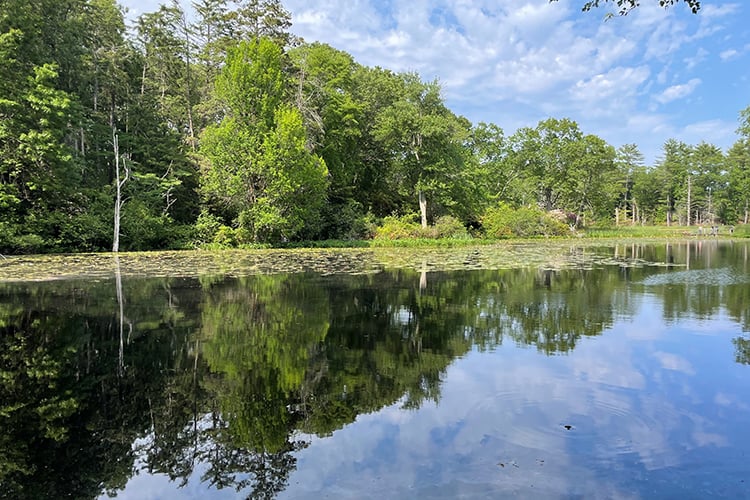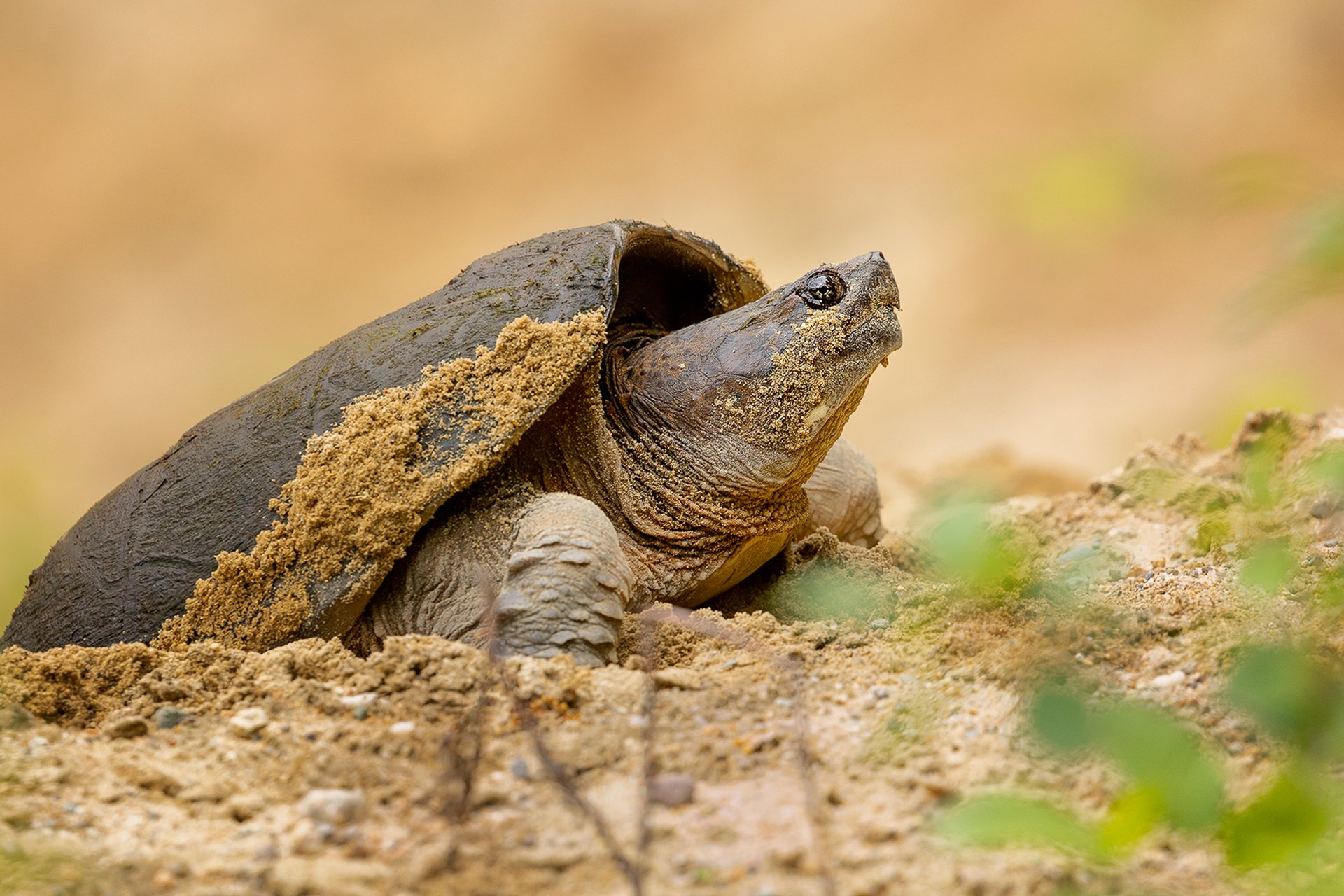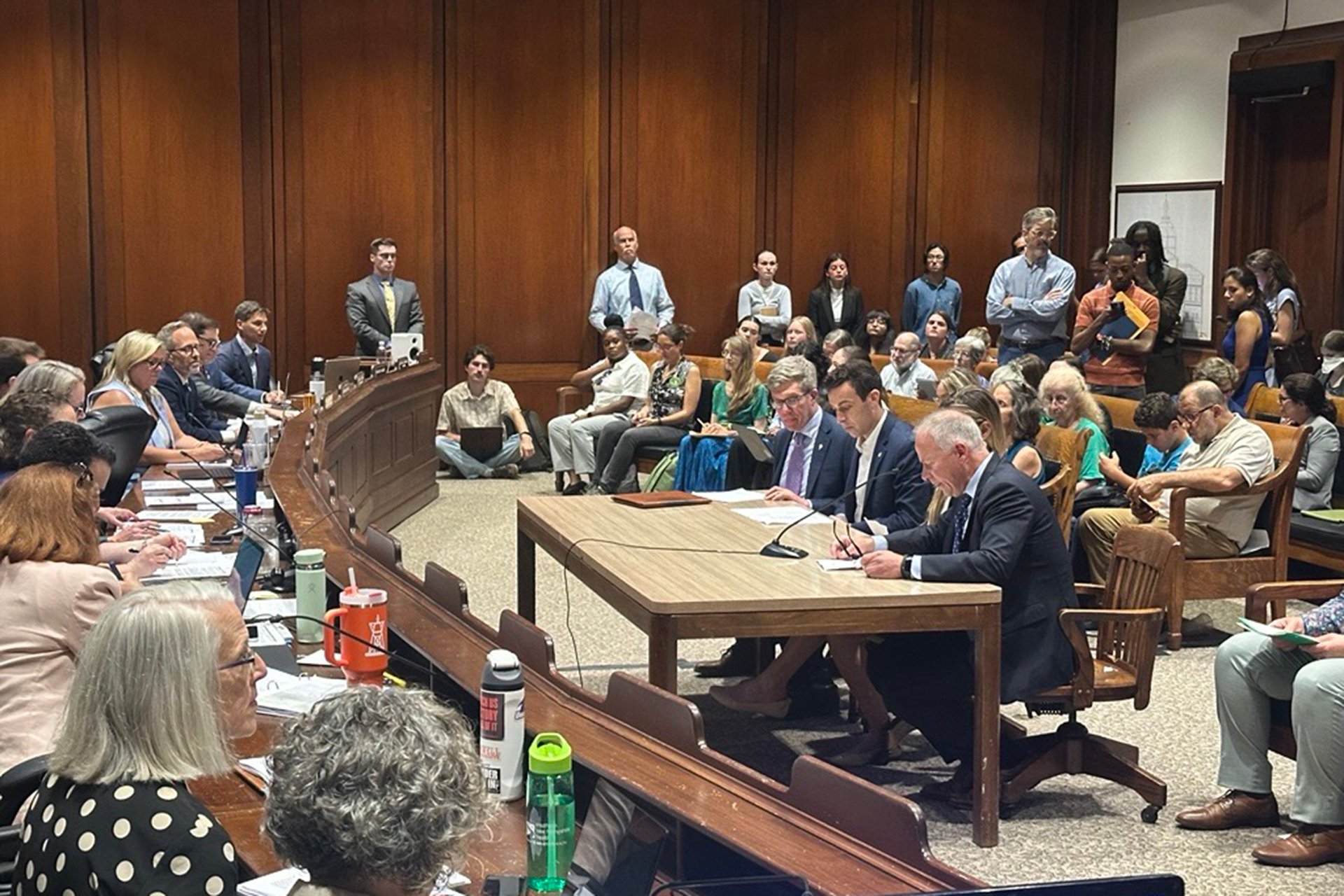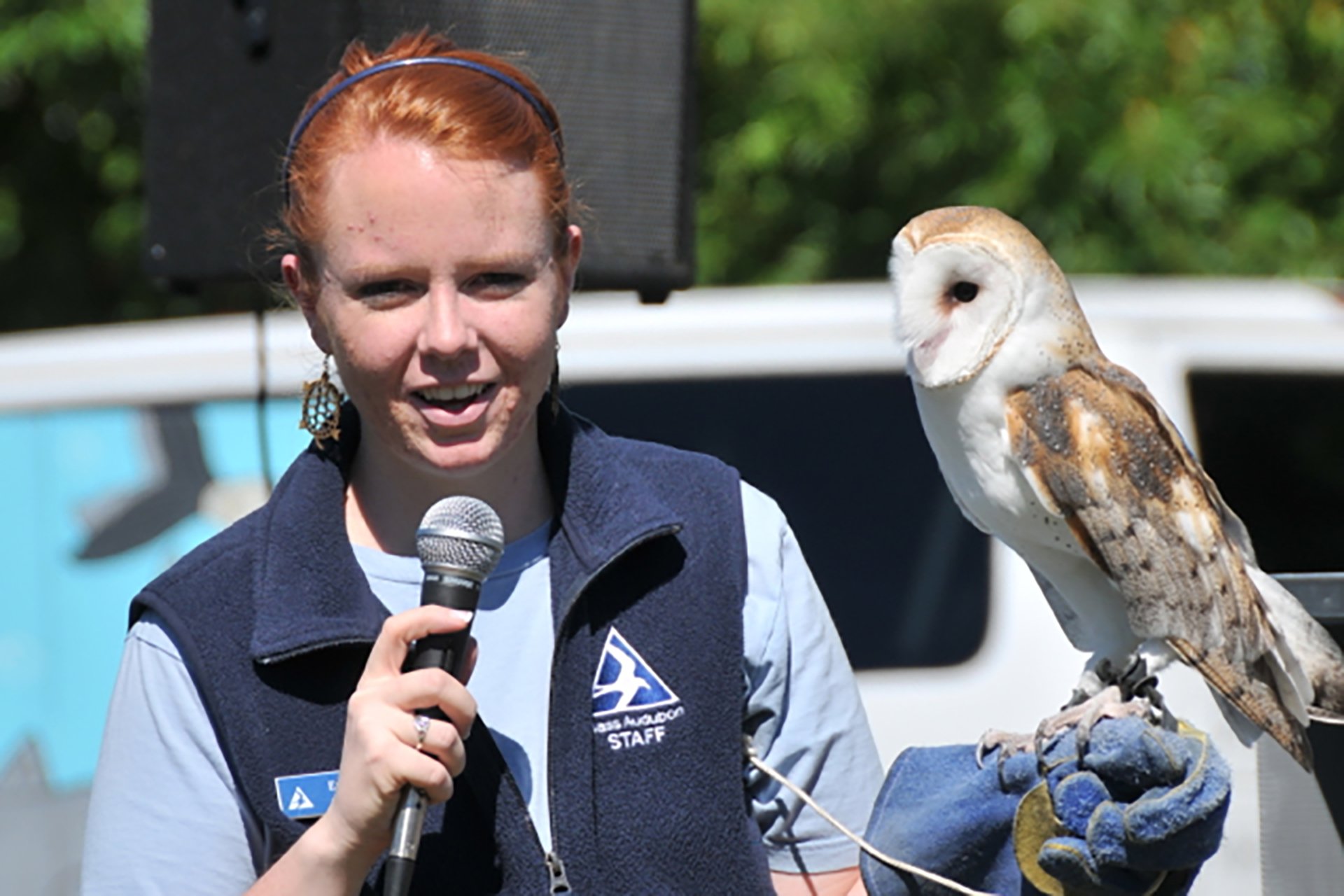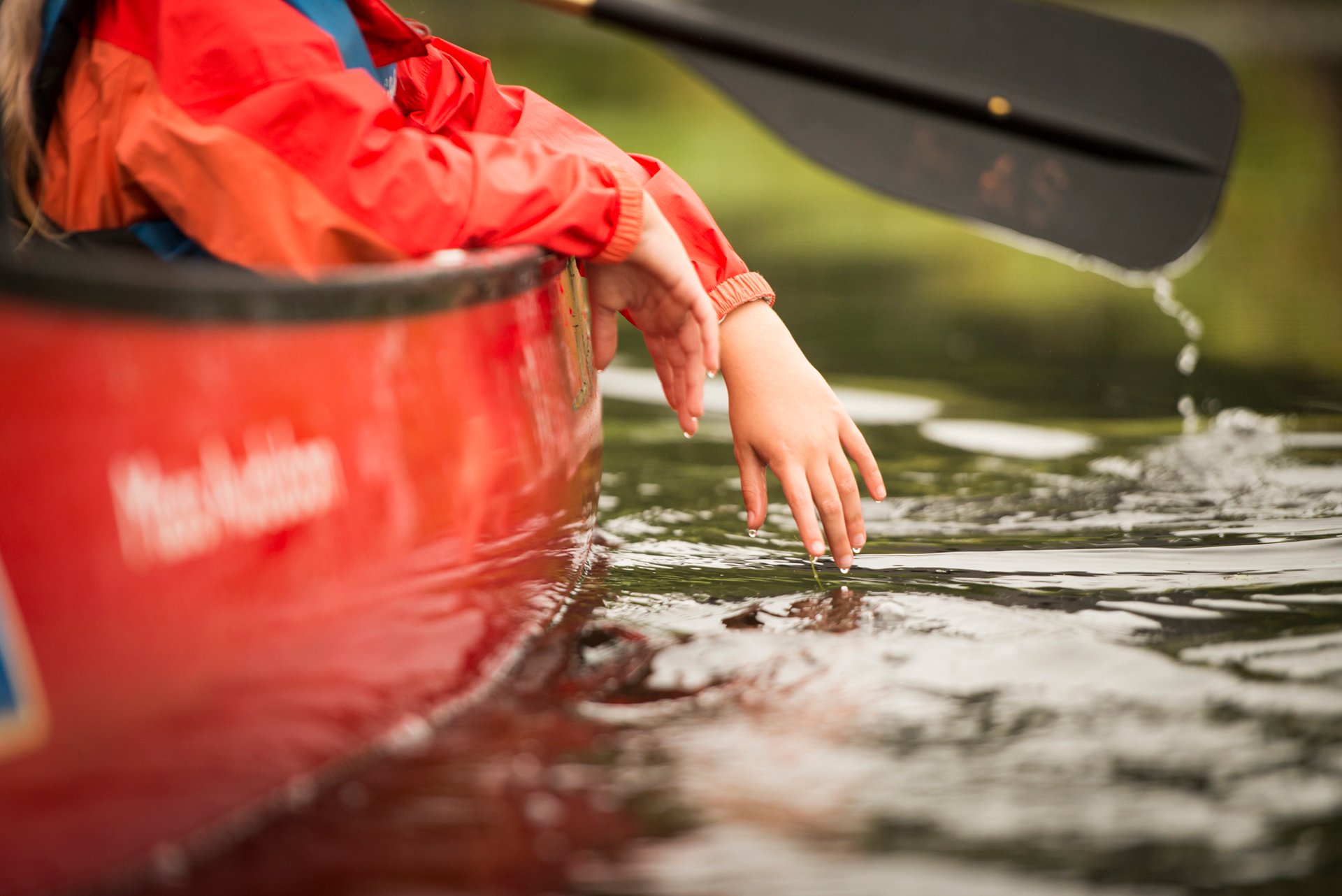News
Art at Broadmoor: Eliza Brown
Keep ReadingHundreds Rally at State House to Support Legislation That Protects Pets & Wildlife from Rodenticides
Learn MorePowerCorpsBOS Cultivates Green Careers and a Greener Sanctuary at the Boston Nature Center
Keep ReadingNew Study Finds Delayed Long-Distance Bird Migration Due to Climate Change
Learn MoreScenic Water Views at Ipswich River Wildlife Sanctuary: Our Staff’s Top 5 Picks
Keep ReadingWhat to Do if You Find a Snapping Turtle
Keep ReadingSpeaking Up for Nature as Part of the Mass Ready Act
Keep ReadingHit the Water: Boating Across Massachusetts
Keep ReadingShowing 1-9 of 560 results



